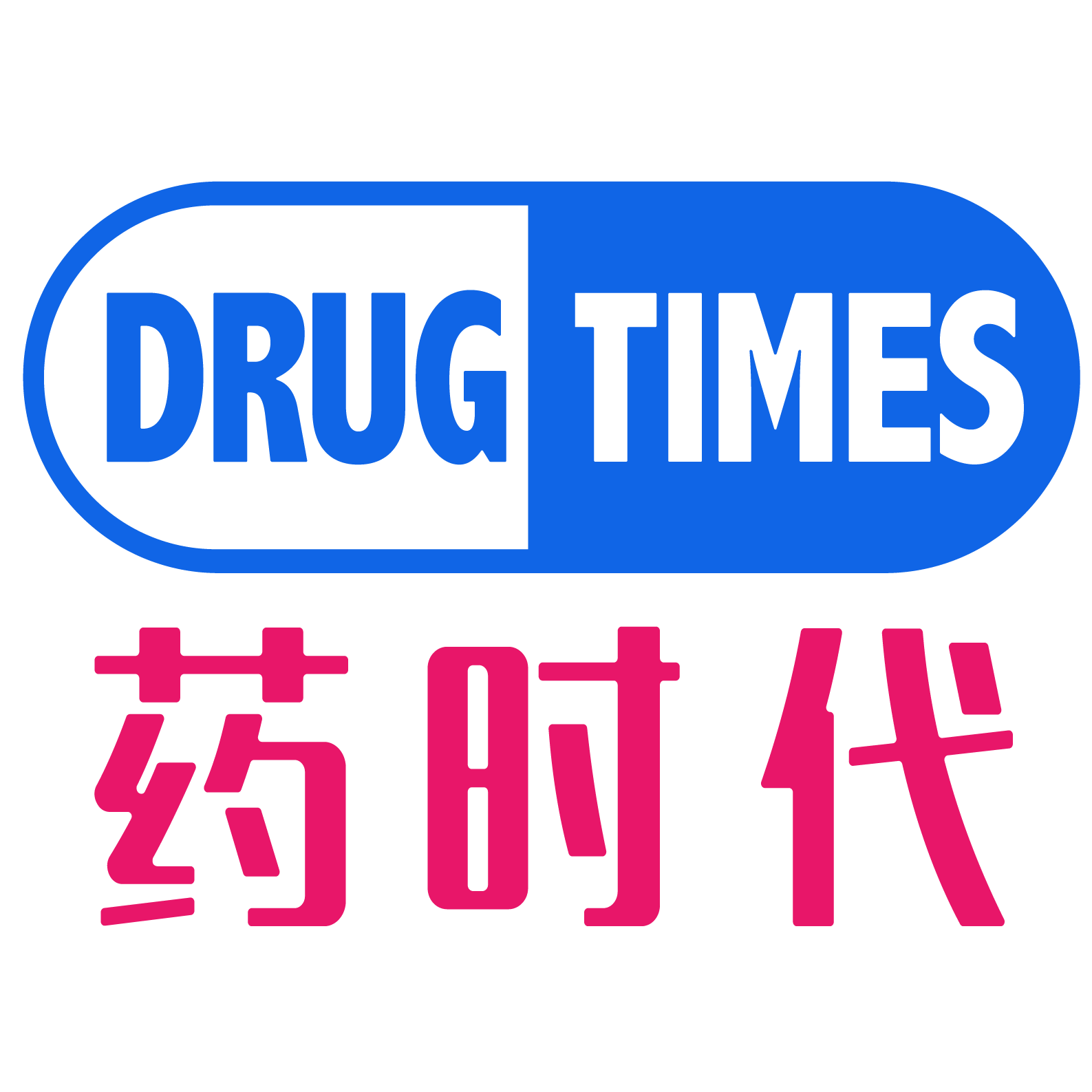
Growing evidence suggests that inflammatory responses play a pivotal role in the pathogenesis of neurodegenerative diseases such as Alzheimer’s disease (AD) and Parkinson’s disease (PD). Among the key molecular targets implicated in inflammatory signaling, Tyrosine Kinase 2 (TYK2) and Janus Kinase 1 (JAK1) have emerged as particularly promising therapeutic nodes.
Recently, Biohaven announced on Clinicaltrials.gov the initiation of a Phase II/III clinical trial (NCT06976268) evaluating BHV-8000 for the treatment of early-stage Parkinson’s disease. According to publicly available data, this marks the first time BHV-8000 has advanced into Phase II/III development, representing a significant milestone in the application of TYK2/JAK1 inhibitors beyond autoimmune indications into central nervous system (CNS) disorders.
As early as March 2023, HighLight Therapeutics and Biohaven entered into a licensing agreement under which Biohaven was granted exclusive global rights (excluding China) to develop and commercialize BHV-8000 (also known as TLL-041). Under the terms of the agreement, Biohaven paid an upfront payment of USD 20 million (in cash and equity), with up to USD 950 million in potential milestone payments and tiered royalty arrangements based on future sales.
The successful licensing of BHV-8000 is closely tied to its distinctive pharmacological profile: it demonstrates high selectivity for both TYK2 and JAK1, combined with robust blood-brain barrier (BBB) penetration. These properties enable the molecule to precisely target pro-inflammatory signaling pathways while achieving therapeutically relevant concentrations within the brain—potentially allowing for meaningful intervention in the pathological progression of neurodegenerative diseases.
Currently, no selective TYK2/JAK1 dual inhibitor has yet reached market approval globally. However, modulation of the TYK2/JAK1 pathway has already demonstrated robust efficacy in peripheral autoimmune conditions such as psoriasis and inflammatory bowel disease (IBD). Several candidates are currently in late-stage clinical development, including HighLight Therapeutics’ TLL-018 (Girocitinib) and TLL-041 (BHV-8000), Pfizer/Priovant Therapeutics’ brepocitinib, and InnoCare Pharma’s soficitinib.
In contrast, inhibition of JAK2 and JAK3 has been associated with clinically significant adverse effects, including anemia and thrombocytopenia. These safety concerns have prompted the U.S. Food and Drug Administration (FDA) to issue boxed warnings for certain JAK inhibitors.
A key advantage of BHV-8000 is that it avoids non-specific inhibition of JAK2 and JAK3, thereby reducing associated safety risks. In Parkinson’s disease, for example, misfolded α-synuclein proteins can be recognized by the immune system as foreign antigens, triggering an inflammatory cascade that ultimately leads to neuronal damage. This same inflammatory cascade is also observed in cutaneous and gastrointestinal autoimmune pathologies. Dr. Coric, Chief Scientific Officer at Biohaven, has highlighted substantial indirect evidence suggesting that the inflammatory pathways involved across these diverse tissues may share common mechanistic features. Thus, targeted inhibition of TYK2 and JAK1 may offer a viable strategy for modulating neuroinflammation and slowing disease progression in CNS disorders.
With the global JAK inhibitor market surpassing USD 10 billion in 2024, interest in highly selective JAK inhibitors has intensified. The JAK family consists of four members: JAK1, JAK2, JAK3, and TYK2. Among them, JAK1 and TYK2 are the principal drivers of many inflammatory and autoimmune diseases, whereas JAK2 and JAK3 are strongly associated with multiple adverse events. Consequently, dual inhibitors that selectively target JAK1 and TYK2 while sparing the other isoforms are emerging as the focal strategy for next-generation CNS drug development.
The recent clinical progress of BHV-8000 not only highlights the maturation of TYK2/JAK1 inhibition in the field of autoimmunity but also signals the beginning of a new era in CNS field. With continued research into this promising mechanism, a new generation of TYK2/JAK1 dual inhibitors with optimized brain penetration and target specificity may finally overcome the longstanding challenges in developing effective therapies for neurodegenerative diseases—ushering in a new frontier in precision neurotherapeutics.
The DrugTimes BD team is currently seeking a partner for an IND enabling brain-penetrant dual JAK1/TYK2 inhibitor.
You can find more details through the information below.
Project ID:DT-202500428-041
Product Brief Summary
- Product Name: IND enabling once daily oral brain-penetrant dual JAK1-TYK2 inhibitor with better efficacy and safety
- Target: JAK1 x TYK2
- Modality: Small Molecule
- Therapeutic Area: Parkinson’s disease (PD)
- Current Stage: IND enabling
- Rights Available: China/Global Right
- Collaboration Mode: License out / co-development
More highlights
- Excellent safety profile: No CYP / hERG / mini-Ames issue.
- More potent than BHV-8000 (12X) and Upadacitinib (3X) in cellular assay
- Desirable Selectivity: > 40 folds JAK1 over JAK2
- Favorable brain penetration and longer lasting exposure than BHV-8000
- Ameliorates the symptoms and neuroinflammation in both rat & mouse models of Parkinson’s disease (PD) at lower dose than BHV-8000
- IND filing scheduled in Q4 2025
Contact us:
For any questions, please contact DrugTimes BD Team at BD@drugtimes.cn, please include Project ID in the subject. Many thanks!
发布者:qi.yang,转载请首先联系contact@drugtimes.cn获得授权

 为好文打赏 支持药时代 共创新未来!
为好文打赏 支持药时代 共创新未来! 